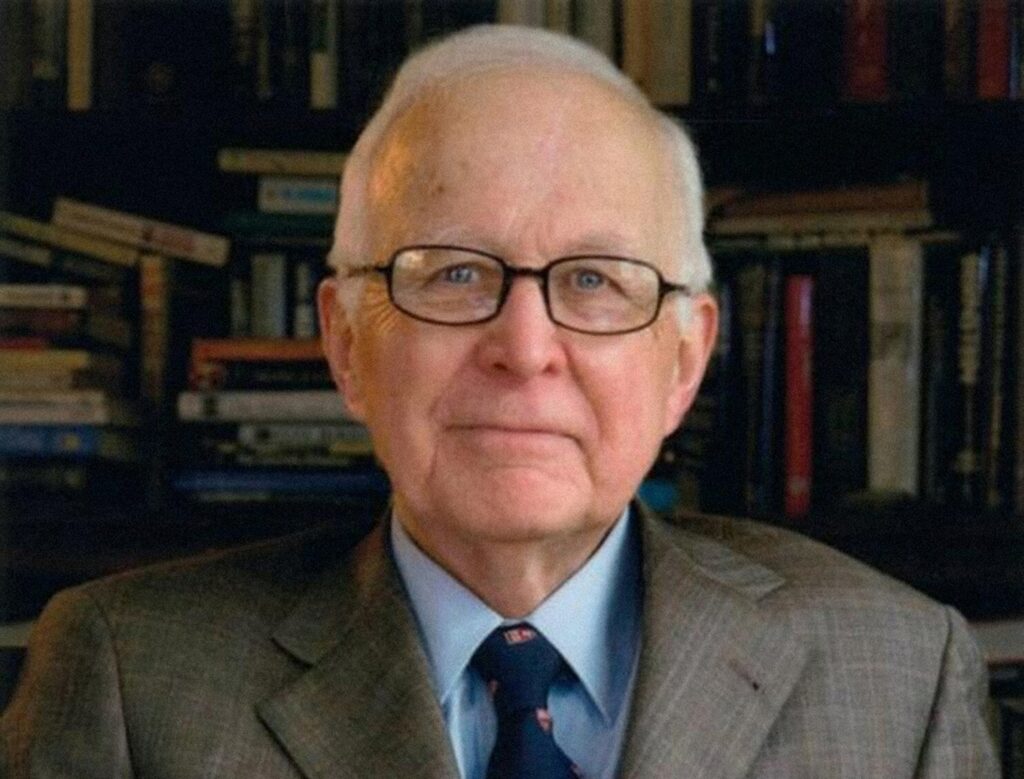Dr. Paul R. McHugh, former senior psychiatrist at Johns Hopkins Hospital and current Distinguished Service Professor of Psychiatry, said transgender people are a “mental disorder” that needs to be treated, that sex reassignment surgery is “biologically impossible” and that people who promote sex reassignment surgery are cooperating with and promoting a mental disorder, CNS News reports.
Dr. McHugh, author of six books and at least 125 peer-reviewed medical articles, spoke out in a recent commentary in the Wall Street Journal, explaining that transgender surgery is not the solution for people suffering from a “disorder of ‘assumption'” – the idea that their masculinity or femininity is different from what nature has biologically assigned them.
He also reported on a new study showing that the suicide rate among transgender people who have undergone gender reassignment surgery is 20 times higher than the suicide rate among non-transgender people. Dr. McHugh also pointed to studies at Vanderbilt University and the London Portman Clinic of children who had expressed transgender feelings, but in whom 70–80% “spontaneously lost those feelings over time.”
The disorder of the transsexual person, Dr. McHugh said, is the person’s assumption that they are different from the physical reality of their body, their masculinity or femininity as assigned by nature. This disorder is comparable to a dangerously thin person suffering from anorexia who looks in the mirror and thinks they are overweight, McHugh said.
This assumption that one’s gender exists only in the imagination, independent of anatomical reality, has led some transgender individuals to push for social acceptance and validation of their subjective personal truth, he continues. As a result, some states–California, New Jersey and Massachusetts–have passed laws prohibiting psychiatrists, “even with parental permission, from seeking to restore a transgender minor’s natural gender feelings,” he said.
Transgender advocates don’t want you to know, Dr. McHugh said, that studies show that between 70% and 80% of children who express transgender feelings spontaneously lose those feelings over time. In addition, most of those who underwent gender reassignment indicated they were satisfied with the surgery, “but their subsequent psychosocial adjustment was no better than those who did not have surgery.”
“And so at Hopkins, we stopped doing gender reassignment surgery because producing a ‘satisfied’ but still troubled patient seemed like an insufficient reason to surgically amputate normal organs,” Dr. McHugh said.
A “sex change” is biologically impossible, McHugh said. “People who undergo gender reassignment surgery do not go from being men to women or vice versa. Rather, they become feminized men or masculinized women. Claiming it’s a civil rights issue and encouraging surgical procedures is really colluding with and promoting a mental disorder.”
